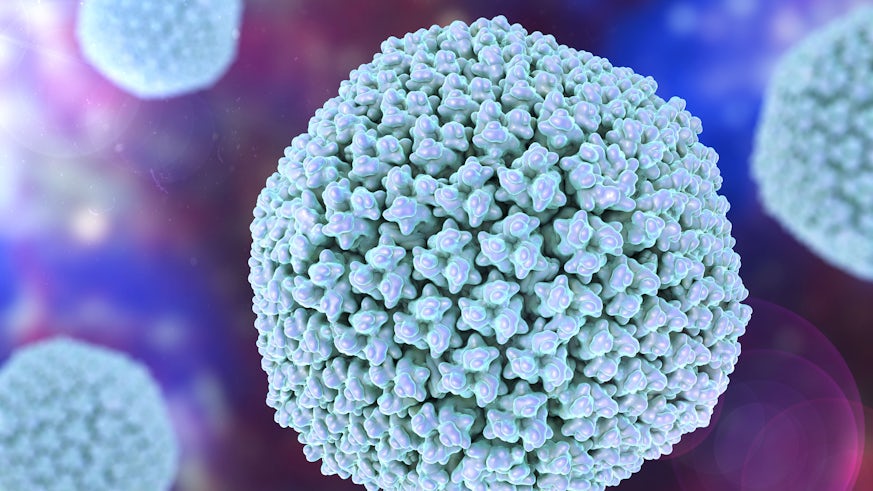Stopping the spread of viruses during surgeries using electric fields
30 August 2023

Cardiff University research finds the use of an electric field, called electrostatic precipitation, could prevent aerosol spread of viruses during surgery with up to 99% efficiency - reducing the spread of viruses in healthcare environments and limiting surgery backlogs during future pandemics.
It is estimated that hundreds of thousands of surgeries were delayed or cancelled to prevent the spread of covid during the pandemic, with aerosol-generating surgical procedures – such as laparoscopy or tracheostomy - at the highest risk of cancellation. This led to a severe backlog in waitlists for surgical procedures for patients around the world.
New research by Cardiff University has highlighted how the use of electric fields, called electrostatic precipitation, provides an effective prevention of viral spread during surgeries.
Hannah Preston, Cardiff University School of Medicine, said: “Although respiratory viruses can spread by physical contact, key transmission occurs via dispersion of aerosols from an infected individual - talking, breathing, coughing, and sneezing can all produce aerosols. The spread of aerosols can also happen during surgical procedures.
“Mask wearing, personal protective equipment (PPE), social distancing and isolation of infected patients can help reduce the spread of infections, but they don’t directly destroy or remove the virus. Interventions such as air filters, ultraviolet light sterilisation and aerosolized hydrogen peroxide sprays are commonly used in hospitals to reduce the spread of viruses in hospitals, but they have limitations as well.
“As virus transmission occurs most commonly by the release of aerosols from infectious patients, it would be beneficial to develop a method that efficiently captures and inactivates viral particles from aerosols in hospital environments. Electrostatic precipitation has been developed to be used during key-hole surgeries – it uses an electric field to collect particles out of aerosolised dispersion and inactivate the viruses.
“Our research aimed to evaluate the effectiveness of electrostatic precipitation, investigating how efficiently this method captured and inactivated aerosolised viral particles during surgical procedures.”
The researchers created a model that was representative of key-hole surgery and aerosolised viruses, exposing the model to electrostatic precipitation. The electrostatic precipitation was tested on both enveloped viruses (such as SARS-CoV2 that causes Covid-19) and non-enveloped viruses (such as adenovirus or norovirus). The scientists measured the presence and activity of viruses after exposure to the electrostatic precipitation, finding that the electrostatic precipitation inactivated viruses with up to 99% efficiency.

“Our findings indicate that electrostatic precipitation could be used during surgery to capture and inactivate viral particles released in aerosols, as well as potentially during other medical procedures, to enhance efficacy and safety.
“Employing electrostatic precipitation in hospitals may resolve issues experienced with existing air-purification systems, which could reduce pressures on the NHS by preventing morbidities and mortalities through acquired infections.
“Although we are still recovering from the Covid-19 pandemic, scientists, policy-makers and healthcare systems are always preparing for the next pandemic. Therefore investment in research into tools that prevent viral spread are vital in preparing for the next pandemic our world will encounter,” added Hannah.
Professor Alan Parker, Cardiff University, added: “We are encouraged by these results and hope that this technology might enable surgical procedures to continue as normal during future pandemics, positively impacting the health and safety of many.”
The research paper, Capture and Inactivation of Viral Particles from Bioaerosols by Electrostatic Precipitation, was published in iScience. The study involved Cardiff University’s School of Medicine, as well as collaborators at the Medway school of Pharmacy, University of Kent, and Alesi Surgical Ltd.
The project was funded by KESS2 and Cancer Research UK. The Electrostatic Precipitation device use was Ultravision by Alesi Surgical.



